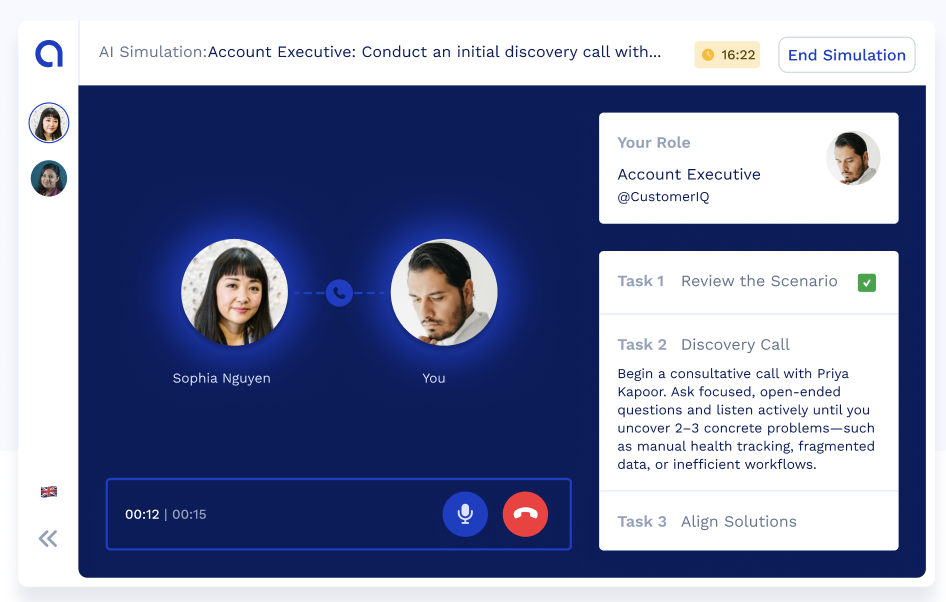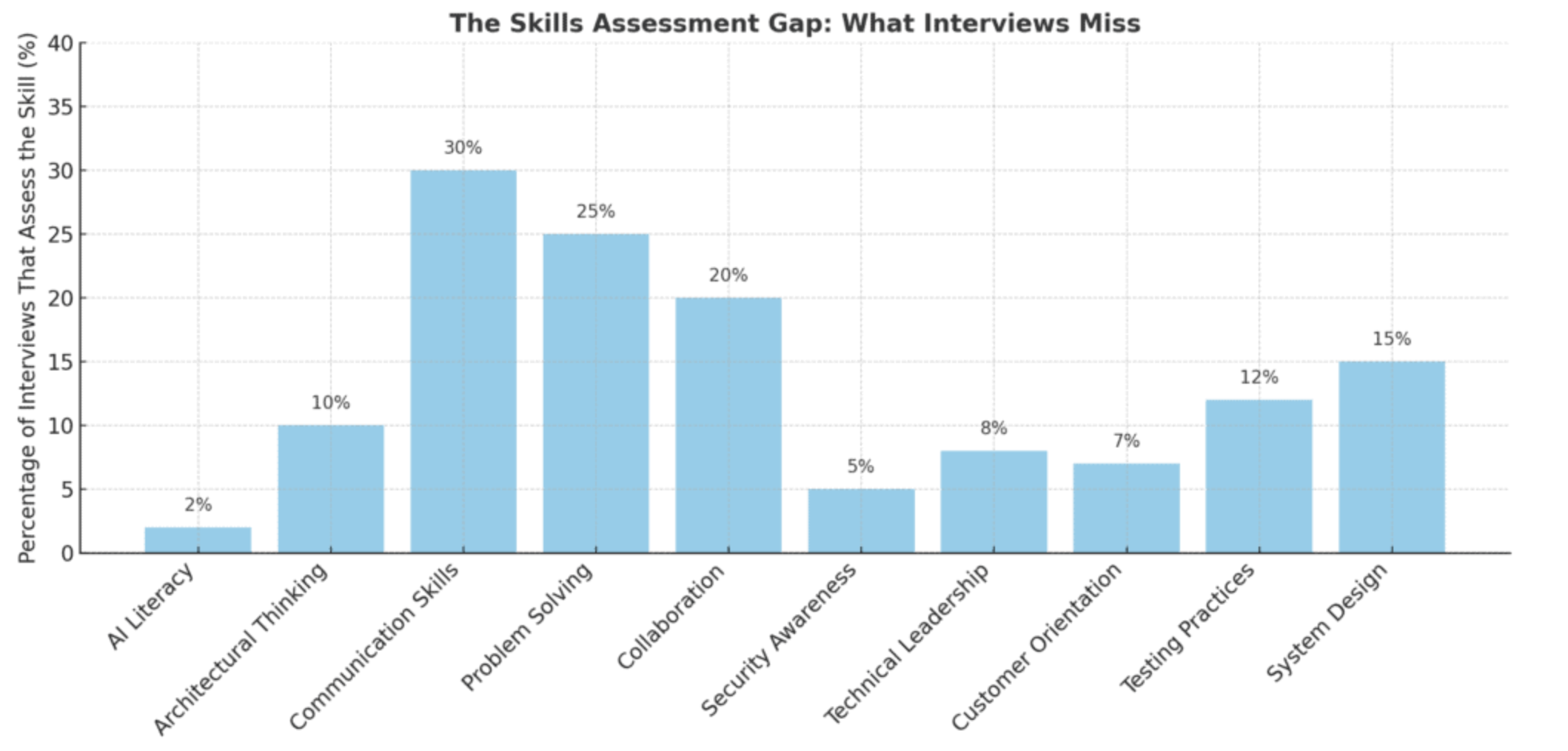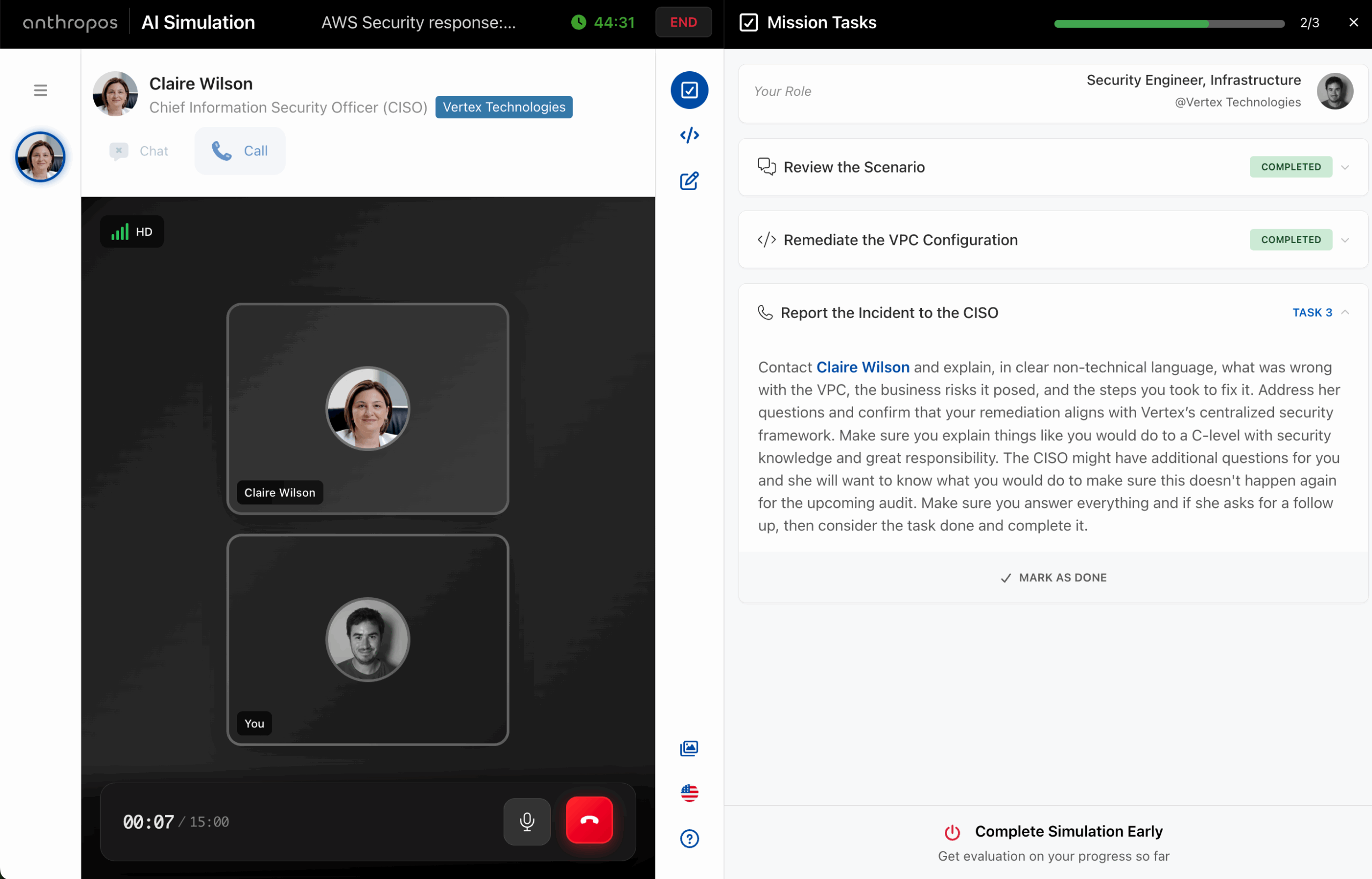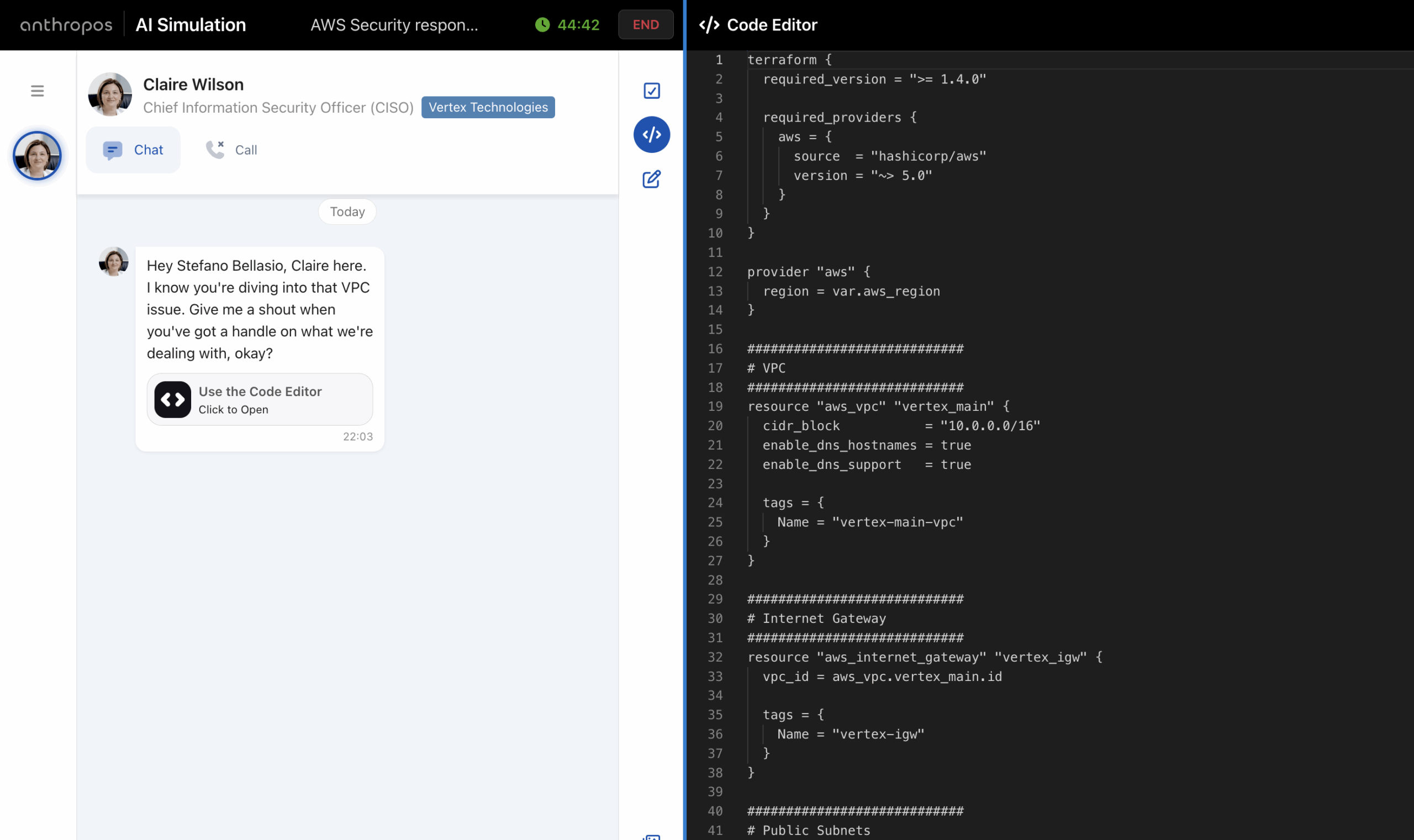Every sales hire you make is a decision that directly affects your bottom line.
When done right, it accelerates growth. When done wrong, it drags your numbers down, eats up resources, and can derail entire quarters. That’s why hiring salespeople isn’t just another item on HR’s checklist. It’s a strategic function with real financial consequences — and yet, most companies are still treating it like a guessing game.
The standard process still revolves around surface-level signals: resumes filled with self-reported achievements, interviews that reward storytelling over substance, and general assessments that offer little insight into whether someone can actually sell.
You shortlist a candidate, bring them in for an hour of well-rehearsed conversation, and hope for the best. But hope isn’t a strategy — and it certainly shouldn’t be the foundation of your sales team.
Hiring someone who can’t perform is expensive. Not just because of the salary, but because of all the hidden costs: onboarding, internal coaching, pipeline disruption, and lost opportunity. And in most companies, it takes months to recognize the mis-hire. By the time you start over, you’ve already fallen behind.
It’s time to move beyond guesswork. If revenue is at stake, your hiring process needs to be anchored in real data — the kind that reflects how someone will actually perform in your specific context, with your product, and with your customers.
The Case for Data-Driven Recruiting
Data-driven recruiting isn’t just a buzzword. According to Indeed’s guide on the subject, it’s a structured approach that uses concrete data to improve hiring decisions, reduce costs, and shorten time-to-hire. It means making decisions based not on instinct or surface impressions, but on hard evidence of what works and what doesn’t.
In sales hiring, this could involve analyzing which traits your top performers share, how they ramped, how they sell, and how they’ve succeeded in different stages of the funnel.
With that understanding, you can define clear performance indicators — then use those insights to assess whether new sales reps candidates show the same patterns.
But here’s the challenge: how do you capture that kind of data during the hiring process?
Traditional assessments — multiple-choice tests, personality questionnaires, even polished case studies — are limited.
They test for theoretical understanding, not behavior. They don’t show how someone will act in the moment, how they’ll speak to a client under pressure, or whether they’ll connect with your ICP. In other words, they don’t tell you what you really need to know.
That’s where simulations — and specifically Anthropos — offer a breakthrough.
Anthropos Simulations: From Insight to Impact
Anthropos is built to replace guesswork with reality. It uses AI-powered simulations to place sales candidates inside realistic, high-pressure situations that replicate the actual job.
No hypotheticals. No vague “what would you do?” conversations.
Just real, observable behavior.
Here’s how it works: instead of sitting through another interview where a candidate walks you through their sales philosophy, you watch them make a simulated cold call. You see how they build rapport with a difficult prospect. You review the proposal they write in response to a complex client request. You observe how they manage internal collaboration — all through structured, role-specific simulations that look and feel like the real job.
And it’s not just anecdotal feedback or a hiring manager’s personal notes. The platform gives you clear, structured insight into how each candidate communicates, prioritizes, navigates objections, and handles pressure.
These simulations are fully automated, scalable, and designed to reflect the nuances of your product, sales process, and customer persona.
This changes the game in two critical ways:
- First, it gives you real data about your candidates’ capabilities, not just what they say about themselves.
- Second, it aligns your hiring process directly with the outcomes that matter — sales productivity, deal velocity, customer alignment — instead of relying on proxies like resume polish or interview chemistry.

Use Cases That Go Beyond Screening
Anthropos isn’t just a better screening tool. It’s a full-cycle solution that supports every stage of the sales hiring journey.
You can use simulations early in the funnel to filter out candidates who can’t perform basic tasks like discovery calls or objection handling. For roles with higher complexity, simulations can assess how someone approaches proposal creation, pipeline strategy, or stakeholder alignment.
But the real power comes in later stages, where small differences make a huge impact. If you’ve narrowed down your shortlist to three promising candidates, simulations let you compare how they act under the same conditions. You’re not choosing based on a hunch — you’re choosing based on clear, side-by-side performance data.
And once a candidate is hired, the data doesn’t go away. You can use those same simulations to onboard faster, identify development gaps early, and track whether your new rep is on pace. You can even assess your existing team to benchmark performance, spot coaching opportunities, or build career paths internally.
In other words, Anthropos isn’t just about making better hiring decisions. It’s about building a stronger sales organization from the ground up — with a repeatable, data-backed method that grows with your team.
Rethinking the Standard for Sales Hiring
The way most companies hire salespeople hasn’t changed in decades. And yet the stakes have never been higher. You’re operating in an environment where top talent is hard to find, time-to-ramp matters more than ever, and every headcount decision is under financial scrutiny.
You can’t afford to guess. You can’t afford to hire based on how confident someone sounds in a 45-minute video call. And you can’t rely on tools that were designed for a different kind of workforce.
Anthropos offers an alternative. By integrating AI simulations into your hiring process, you shift from intuition to insight. You give your team the data they need to make faster, better decisions — and you align those decisions with the outcomes that matter: revenue, growth, and retention.
It’s time to stop treating sales hiring as a bet. With the right tools, it becomes a decision backed by evidence — one that you can scale, measure, and continuously improve. That’s what Anthropos was built for.
If you’re ready to rethink how you build your sales team, let’s talk. We’ll show you how simulations turn hiring into one of your most reliable growth levers.
August 18, 2025


